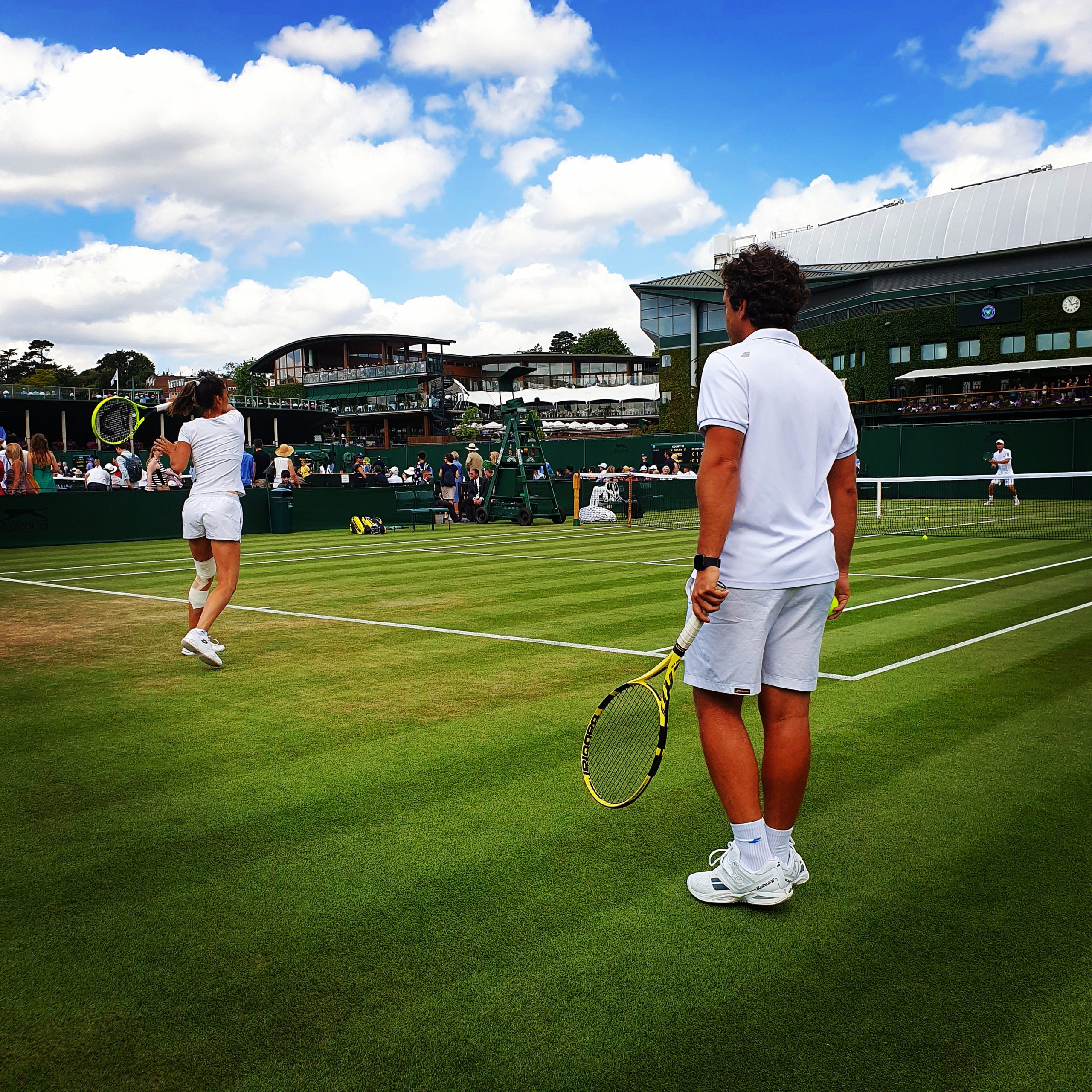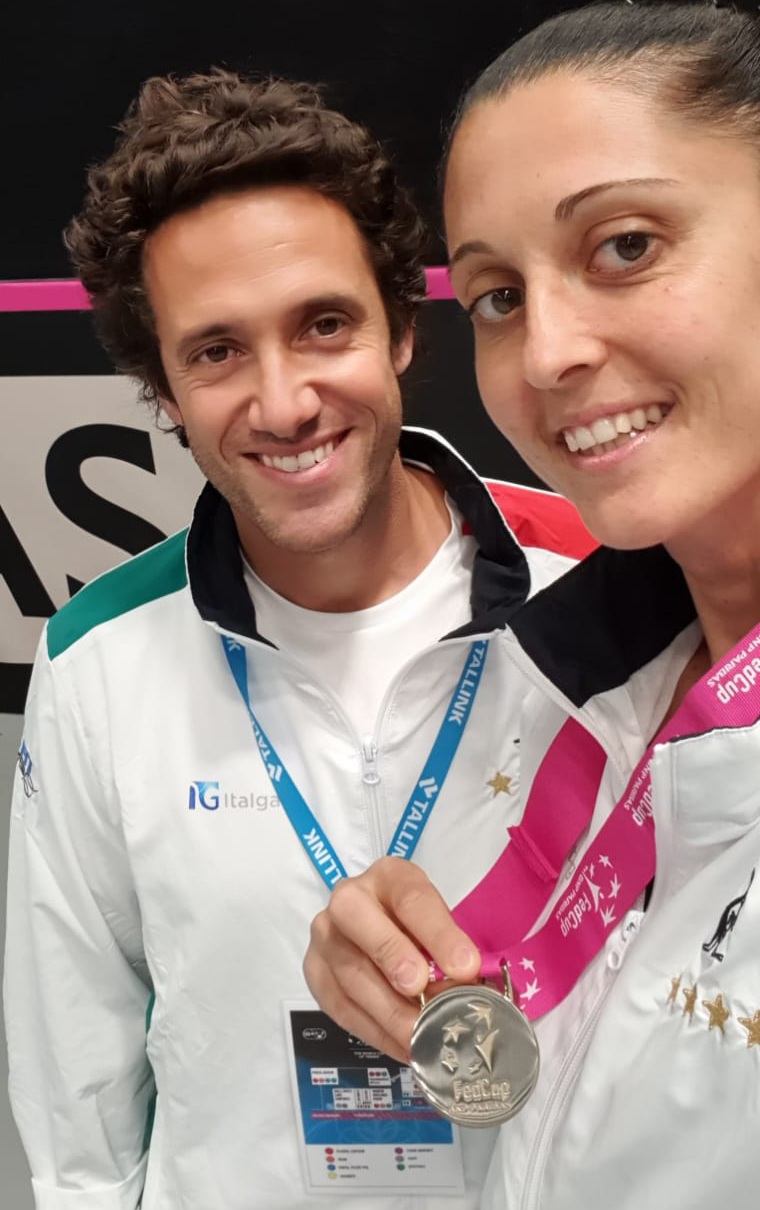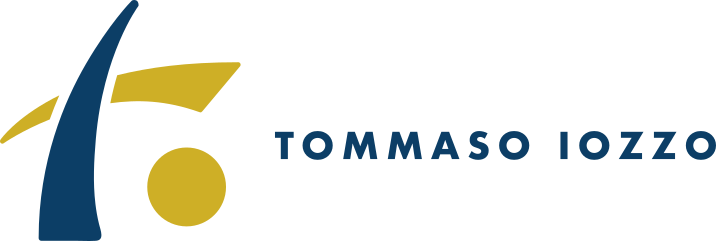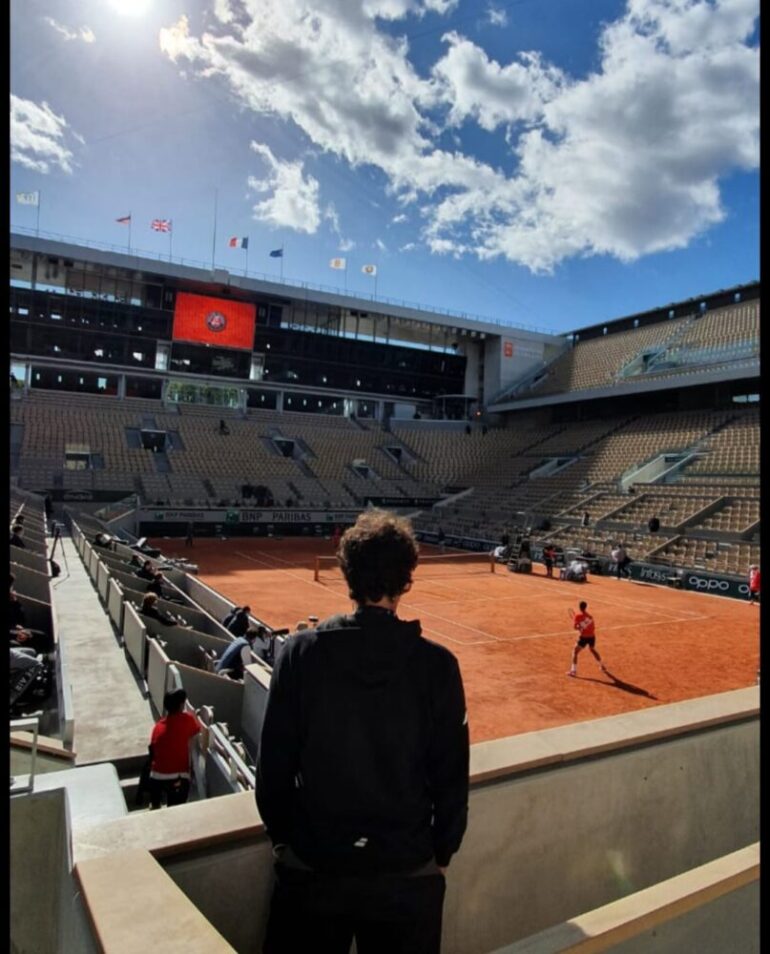MISSION
Mental preparation is a fundamental aspect in modern tennis.
I have been working in the tennis world for 14 years. Over the years I have carried on, alongside my training as a sports psychologist/ psychotherapist, also that of tennis coach, and today I am a National FIT Master, as well as FIT Second Level Mental Trainer.
Until I was 24 years old, I mainly played the role of coach, working with children from the early years up to specialization. For 8 years, I have been working permanently in tennis clubs mainly in the competitive sector and for 6 years I have been working with professional athletes, i.e. Competing at ITF, ATP and WTA level from all over the world, as well as young people of national interest who are entering the professional field.
In 2016 I presented, at the European Sports Psychology Congress, the first app, named “The contribution of motor imagery and action observation on sport performance: between theory and practice”, developed by my 10220NeuroLab team for the modification of automated motor gestures in tennis.
In 2017 I have worked as mental area manager at tennis club “Le Pleiadi” in Moncalieri (Top school).
For 3 years I have worked as mental area manager at Sisport club in Turin (Top school) and for 2 years I have been in charge as mental area manager of the Peripheral Training Centre (CPA) for the Italian Tennis Federation, in Piemonte and Val D’Aosta.
Until today I have trained 24 professional tennis players from a mental point of view, and I have been the coach (responsible for the technical-tactical and mental part) of the Italian tennis player Giulia Laura Gatto Monticone for 5 years, following her on the WTA tour during this year. In these 5 years of collaboration, Giulia has gone from number 560 WTA to number 148 (March 2020) and she has palyed the main scoreboard of Wimbledon (defeated in the first round by Serena Williams on the central court), and that of Roland Garros, defeated by Sofia Kenin. She also won his first national team call in February 2020, at the age of 32.
METHOD
My working methodology comes from the experiences accumulated over the years, for exemple the neurophysiological imprint of my research work, my study trips to American academies, almost ten years of WTA tour attendance, my training as a cognitive psychotherapist and tennis coach, my curiosity for new technologies (my 1220neurolab development team creates and develops apps for mental training in tennis). The path I study for athletes includes objective monitoring of my work through texts and physiological measurements, to guarantee a scientifically validated quality path. My training allows a constant and unavoidable alternation between classroom and field work.

TECHNIQUES
- Cognitive and laterality tests: set of specific tests that take place throughout the course in order to measure the tennis player’s cognitive abilities and to be able to monitor them during the course.
- EMDR protocol: the EMDR protocol is a structured psychotherapeutic method that facilitates the treatment of problems related to both traumatic events and more emotionally stressful common experiences. I am an EMDR certified therapist (Level 2), recognized by the EMDR Europe Association and member of EMDR Italy for 3 years. I use this treatment with athletes during rehabilitation after an injury or to help them manage stressful moments or memories that generate suffering.
- Biofeedback: biofeedback is a psychophysiological psychotherapeutic technique. Using equipment and sensors, biological parameters inherent to the sympathetic and parasympathetic nervous system (heart rate, muscle tension, breathing, skin conductance, brain waves) can be measured non-invasively and then it is possibile to teach to the patient how to monitor and voluntarily control unconscious biological processes. I studied at the BFE (Biofeedback Europe) association through a basic and advanced purely theoretical course and then I attended the technical-practical training course and took the European level 3 BFE certification exam. I use this technique to monitor the psychophysical profile of the athletes and implement their awareness and management of these parameters in the competition.
- Neurofeedback: neurofeedback is a method that, through the use of electroencephalography (EEG) and the use of the principles of biofeedback draws a profile of the patient’s central nervous system and then works on brain wave control. It is a technique that I use in many types of situations, such as the treatment of anxiety and the thought under stress.
- Safe and Sound Protocol: The SSP is a five-day intervention that allows significant improvements in the following areas: anxiety and post-traumatic symptoms, relationship and social difficulties, inattention and behavioural dysregulation, auditory hypersensitivity. This intervention is based on research conducted for more than twenty years by Professor Stephen Porges, Distinguished University Scientist at the Kinsey Institute and Professor in the Department of Psychiatry at the University of North Carolina. The treatment consists in listening to music specifically designed to re-tune the nervous system (state of regulation) and thus restore a psychophysiological balance.
- ILS focus: The “focus” method is a non-invasive sport psychology intervention that allows to implement brain functions and integrate the mind-body system through multisensory input: listening to specially processed sounds and doing physical activity. It is indicated for the treatment of ADHD, autistic spectrum, physical rehabilitation therapies and for the improvement of attention and concentration.
- VR Therapy: With my research group 10220Neurolab we have developed VR apps to train cognitive skills. I also use this powerful tool for training and for emotional management of the competition and to mitigate the impact of stress in the management of the competition. I also use other software produced by third parties for the development of the fundamental cognitive skills for the tennis player.

SERVICES:
- Mental Training sessions (Athletes) : individual mental training sessions for amateur, professionals and juniors tennis players. Possibility of choosing between a Classic course consisting of cycles of 10 sessions. or personalized packages (for professional tennis players) that can be adapted, according to the needs of the athlete. The sessions can take place live or via skype. (Italy and abroad)
- Classic Package: series of 10 sessions, renewable at the end of the course.
- Pro “Flex” Package: Structured package for professionals or junior athletes of national or international interest. The Flex package guarantees the athlete the possibility to take advantage of sessions throughout the year by choosing their own scheduling at an advantageous price (minimum 20 sessions).
- Pro “Full” Package: structured package for professional or junior tennis players who compete internationally. The full package has a duration of one calendar year (renewable) and guarantees the tennis player one session per week throughout the year at a very advantageous price.
- Residential Package: this package for tennis players offers the possibility to spend 3 or 5 days (depending on their needs) at our training centre for a full immersion of technical and mental preparation. The athlete will do two sessions of mental training per day and one training practice on the field. (service available in Italy and abroad)
- Series of mental training courses for tennis schools: mental training courses for tennis schools. The work is structured through 10 annual meetings to be scheduled (8 for the athletes, 1 for the staff and 1 for the athletes’ families) of a theoretical and practical nature. (Only in Italy)
- Mental training internship for tennis schools: 3-days internship da organizzare presso la tua scuola tennis
- Weekend internship for adults: a 2-days practical internship reserved for amateur tennis players of homogeneous level. This internship is divided into two daily sessions of technical-tactical-mental training carried out on the field directly in your club or at our training facility.
- Mental Training sessions for children: individual or group mental training sessions address especially to children up to 12 years of age. In these 10 session, sports psychology and mental training are introduced to children through theoretical and practical sessions.
- Mental training sessions for families: individual or group sessions for families. The structure of the course can be customised according to the participants’ logistical needs and topics of greatest interest. The course is divided into classroom sessions.
- Mental Training sessions for coach and staff: individual or group sessions for tennis clubs’ staff or for tennis coaches. The structure of the course can be customised according to the participants’ logistical needs and topics of greatest interest. The course is articulated into theoretical and practical sessions, that can happen live or via Skype.
- Biofeedback training: set of training sessions through the use of biofeedback, useful to improve some of the psychophysical parameters involved in sports activity.
- Neurofeedback training: set of training sessions through the use of neurofeedback, which works through awareness of brain activity on stress management and concentration.
- Safe and Sound Protocol: structured intervention lasting 5 days based on Stephen Porges’ theory useful for the regulation of the autonomic nervous system.
- ILS focus: set of sessions with “ILS Focus” system for the integration of body-mind system and the training of concentration and attention
- VR Therapy: set of sessions structured through the use of virtual reality, in particular the app we have specifically created for the training of cognitive skills in sport.

